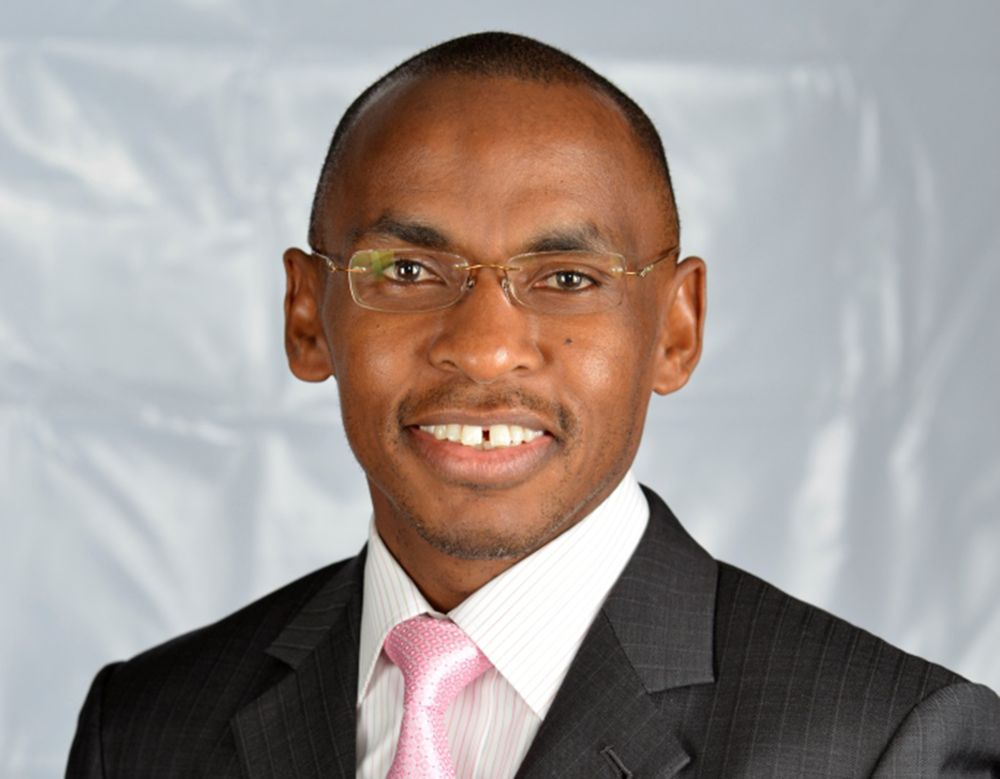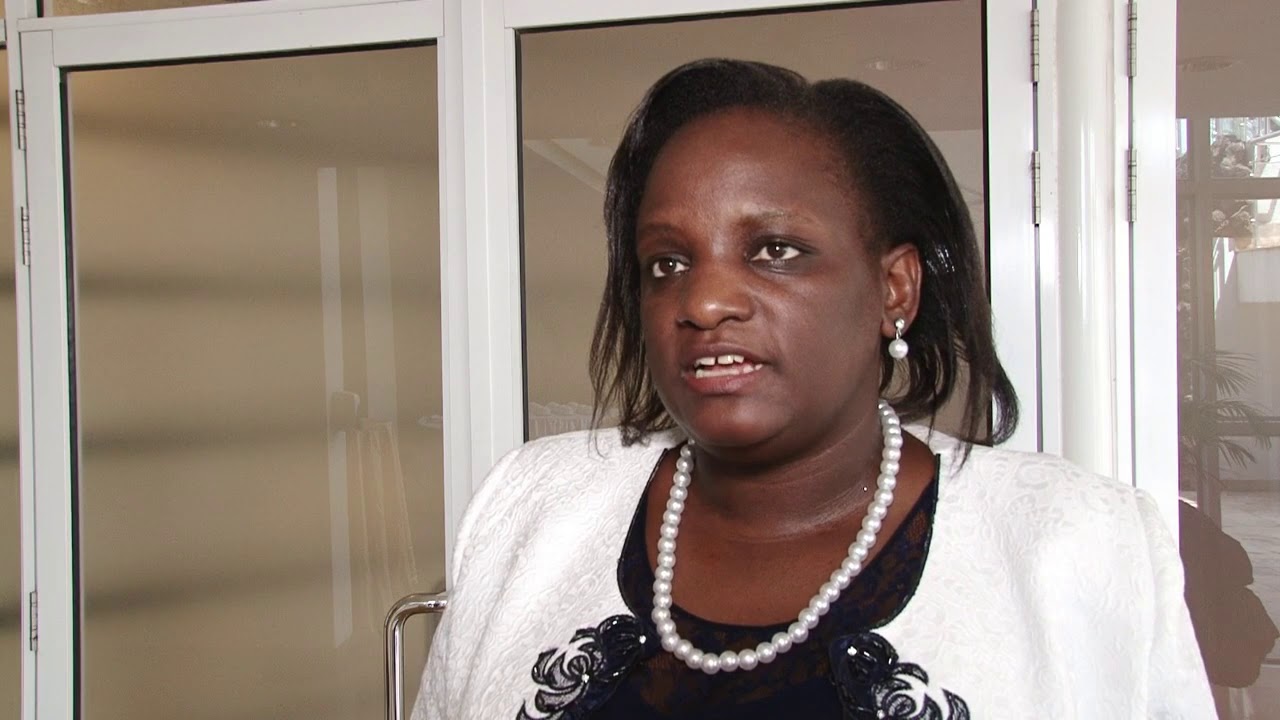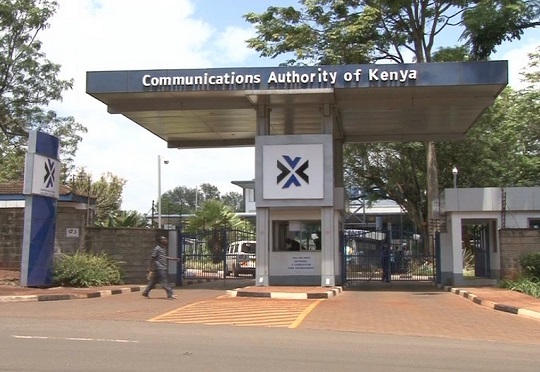Safaricom Appoints First Female Chief Enterprise Business Officer
Leading telecoms giant of East Africa, Safaricom, has announced the appointment of Cynthia Karuri-Kropac as its new Chief Enterprise Business Officer. The appointment will be made effective 1 September 2022. Cynthia Kakuri-Kropac would be the first female to occupy that position, a shift highlighting the company’s gender balancing policy and efforts to get more women into tech.
She is set to replace Joseph Wanjohi, who has been serving in the post in an acting capacity since May of this year. Wanjohi was appointed as interim chief earlier in the year after incumbent Kris Senanu departed the telecom after less than a year after joining.

Kurari-Kropac, a well honed telecoms wonk, will be joining Safaricom from US-based telecommunications titan AT&T, the world’s best-earning telecom group. AT&T raked in revenues upwards of $156-billion according to their report for the year ended in June 2022.
Read also : Safaricom Launches Shari’ah-Compliant Mobile Loans
Safaricom, in comparison, pulled in $3.6-billion in revenue for the year ended in March 2022. Most of which were from its M-PESA fintech product.
She served as AT&T’s Senior Director, Enterprise Mobile and IoT Technologies. She had been at the US carrier for the last 19 years.
“With over 20 years experience in the telecommunications sector, Cynthia has a wealth of knowledge in various crafts, including business strategy, industrial IoT, enterprise technology solutions, executive advisory & decision support, operational excellence & process reengineering,” said Safaricom in a statement about the new appointment.
Kurari-Kopac holds a Bachelor in Finance from the University of Toledo and an MBA with a specialization in Finance and Financial Management from Kent State University, both of which are in Ohio, USA.
Read also : Cape Town’s Fintech Stock Exchange Closes $5-Million Funding Round
She has reportedly won several awards for various achievements, including recognition by Women of Color Magazine as a “Rising Star in STEM.”
Kelechi Deca

Kelechi Deca has over two decades of media experience, he has traveled to over 77 countries reporting on multilateral development institutions, international business, trade, travels, culture, and diplomacy. He is also a petrol head with in-depth knowledge of automobiles and the auto industry
















